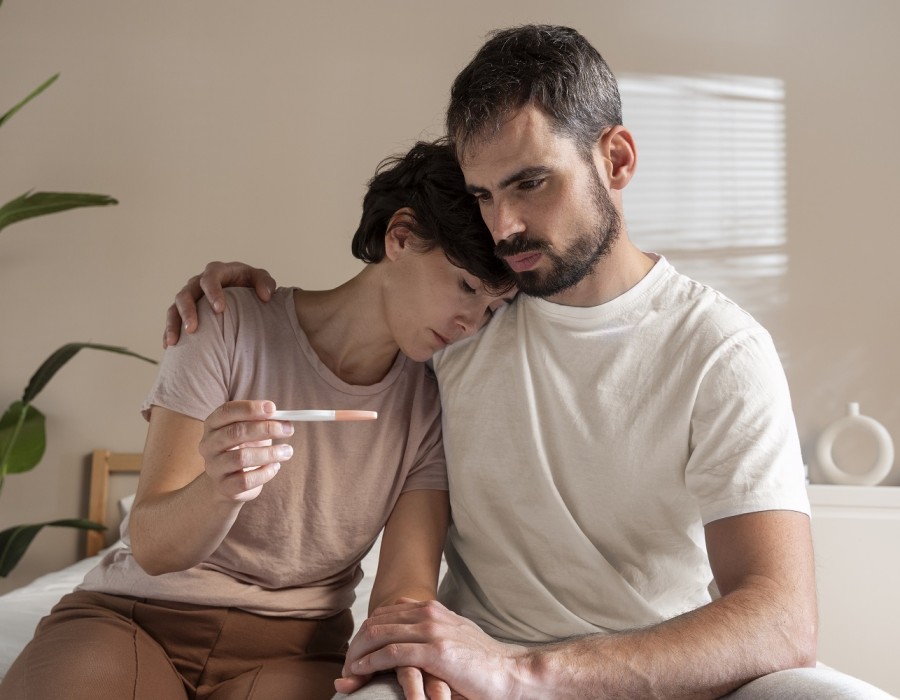Sexually transmitted diseases in Riyadh (STDs) can affect anyone who is sexually active. Early detection is crucial because many STDs do not show noticeable symptoms until they have progressed. Knowing the early signs and seeking prompt treatment can prevent long-term health complications and reduce the risk of spreading the infection to others.
Common Early Signs of STDs
STDs can present various symptoms, but not all infections have obvious signs. Some common early symptoms include:
1. Unusual Discharge
- For women: Changes in vaginal discharge (color, smell, or texture) may indicate infections like chlamydia, gonorrhea, or trichomoniasis.
- For men: Discharge from the penis can be a sign of gonorrhea or chlamydia.
2. Painful Urination
Burning or discomfort while urinating is a common symptom of STDs such as chlamydia, gonorrhea, or genital herpes.
3. Sores or Bumps
Sores, ulcers, or warts around the genitals, anus, or mouth could be signs of infections like syphilis, herpes, or HPV.
4. Itching and Irritation
Genital or anal itching could indicate pubic lice, scabies, or certain infections like yeast infections or herpes.
5. Abdominal or Pelvic Pain
Persistent lower abdominal pain, particularly in women, could indicate pelvic inflammatory disease (PID), which often results from untreated chlamydia or gonorrhea.
6. Flu-like Symptoms
Fever, body aches, and swollen lymph nodes may be early indicators of HIV, syphilis, or herpes.
Importance of Early Testing and Diagnosis
Even if symptoms are mild or absent, it’s essential to get tested regularly if you are sexually active. Many STDs, such as HIV, chlamydia, and gonorrhea, can progress silently and lead to serious health issues if left untreated.
Why Testing Matters:
- Prevents complications: Early detection allows for prompt treatment, preventing long-term issues like infertility or organ damage.
- Reduces transmission: Treating infections early helps stop the spread of STDs to sexual partners.
- Protects your health: Early intervention ensures that infections do not escalate into more severe conditions.
Seeking Treatment: What to Expect
If you suspect an STD or test positive, seeking treatment promptly is critical. Here's what to expect:
1. Medical Consultation
A healthcare provider will ask about your symptoms, sexual history, and may conduct a physical exam to identify signs of an infection. Based on your symptoms, they may recommend specific tests.
2. Testing
Depending on the suspected STD, testing may involve:
- Blood tests (for HIV, syphilis)
- Urine tests (for chlamydia, gonorrhea)
- Swab tests (for herpes, HPV, trichomoniasis)
3. Treatment Options
- Antibiotics: Many bacterial STDs, such as chlamydia, gonorrhea, and syphilis, can be cured with antibiotics.
- Antiviral medications: For viral infections like HIV, herpes, or hepatitis, antiviral medications are prescribed to manage symptoms and prevent outbreaks, though the virus may remain in the body.
- Ongoing care: Some STDs, such as HIV or herpes, require ongoing treatment and monitoring to manage symptoms and reduce the risk of transmission.
When to See a Doctor
If you experience any unusual symptoms or suspect that you’ve been exposed to an STD, see a healthcare provider immediately. Early detection and treatment can protect your health and prevent complications.





Comments